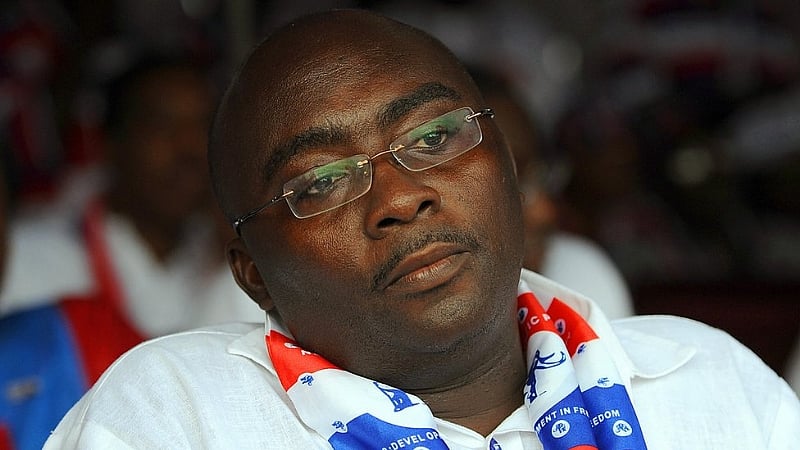The 2024 general elections in Ghana witnessed a surprising defeat for the incumbent New Patriotic Party (NPP), prompting a period of introspection and analysis within the party. Former Vice President and NPP flagbearer, Dr. Mahamudu Bawumia, offered his perspective on the factors contributing to the loss, highlighting a combination of economic pressures, controversial projects, and unfortunate timing. While some reports suggested religious and tribal affiliations played a role, Dr. Bawumia firmly rejected this narrative, emphasizing instead the tangible governance failures that fueled public discontent and ultimately led to the NPP’s electoral setback. He cited two key issues: the late surge in fuel prices and the stalled National Cathedral project, both of which resonated negatively with the electorate.
The sharp rise in fuel prices just three days before the election dealt a significant blow to the NPP’s chances. This increase came at a time when Ghanaians were already grappling with a high cost of living, further exacerbating their economic anxieties. The timing of the fuel price hike, so close to the election, was particularly damaging, as it appeared insensitive to the public’s financial struggles. Dr. Bawumia acknowledged the frustration and anger this generated among voters, particularly drivers, who felt the impact directly. He argued that this last-minute increase solidified a pre-existing sense of economic hardship and contributed to the electorate’s decision to vote against the incumbent party.
The National Cathedral project, another significant factor in the NPP’s defeat, became a symbol of mismanagement and misplaced priorities. Initially announced in 2018 by President Nana Akufo-Addo, the project was envisioned as a national place of worship, funded through a combination of state and private contributions. However, the project faced numerous setbacks, including construction delays and ballooning costs. The revelation that $58 million in public funds had been spent with minimal visible progress further eroded public trust. The project, intended to be a unifying symbol of faith, instead became a source of contention and disillusionment, contributing to the perception that the government was out of touch with the needs of its citizens.
Dr. Bawumia’s assessment of the NPP’s electoral defeat challenged the notion that religious or tribal factors played a significant role. He pointed to the findings of the Mike Oquaye Committee, which was tasked with investigating the reasons behind the party’s loss. The committee’s report, according to Dr. Bawumia, confirmed that neither religion nor tribalism were primary factors. He argued that focusing on these narratives would distract from the real issues at hand – the government’s failure to address the economic concerns of the populace and the mismanagement of public funds, exemplified by the National Cathedral project.
Dr. Bawumia’s “Thank You Tour” in Takoradi provided a platform for him to address these issues directly with the public. He acknowledged the party’s shortcomings and emphasized the need to learn from the mistakes that led to their electoral defeat. His emphasis on economic mismanagement and the controversial National Cathedral project signaled a recognition that the NPP needed to regain public trust by demonstrating a commitment to responsible governance and addressing the pressing economic challenges facing the nation.
The NPP’s defeat in the 2024 elections served as a stark reminder of the importance of public accountability and responsiveness to the needs of the citizenry. Dr. Bawumia’s analysis, focusing on the economic impact of the late fuel price surge and the public disillusionment surrounding the National Cathedral project, offered a critical self-assessment of the factors that contributed to the party’s loss. By acknowledging these failures, he signaled a commitment to learning from the past and charting a new course for the NPP, one focused on addressing the economic concerns of the Ghanaian people and restoring public trust in the party’s leadership.














